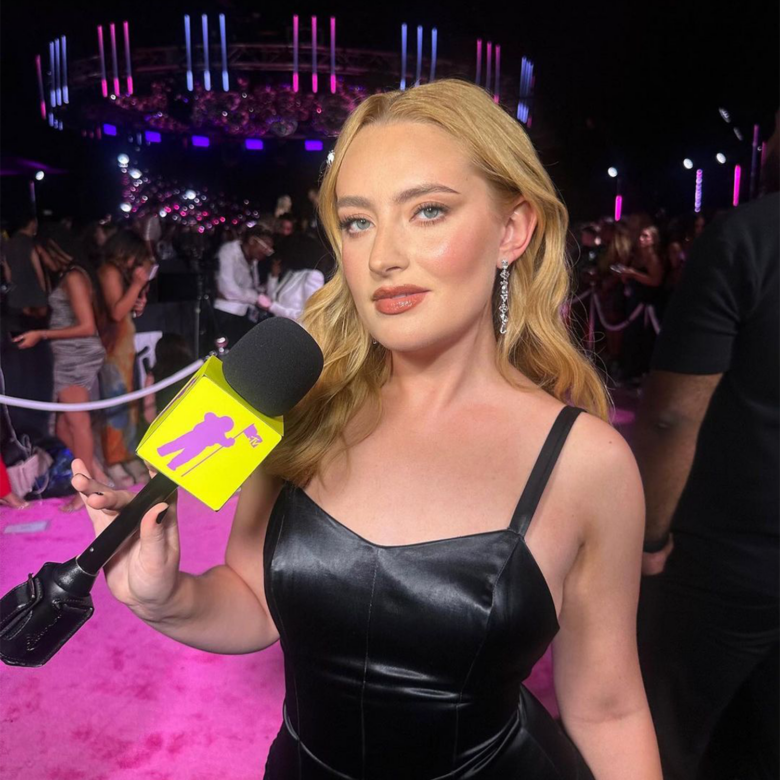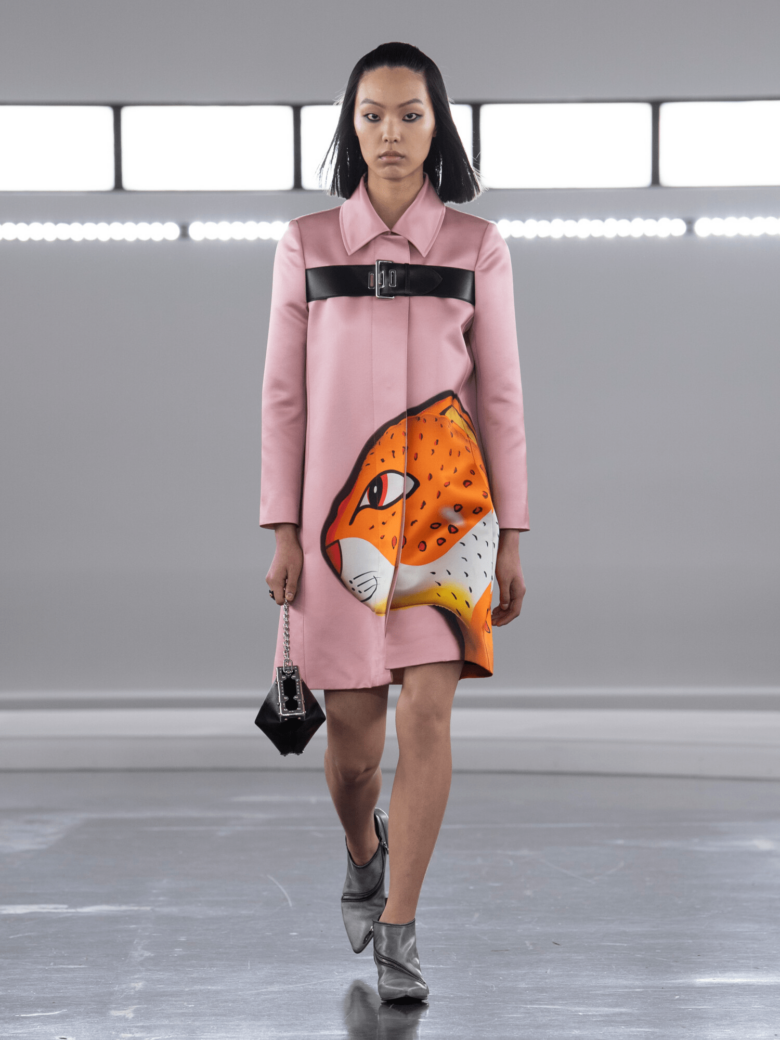The Muse: Meet Scarlett Sabet, the next gen poet to discover
Hey Scarlett. Okay, first things first, how did you find poetry?
It was whilst studying English A- level that certain poems really started to fascinate me. We were studying the classics, Coleridge, and W.B Yeats and then I was asked to attend Advanced English which was a great excuse to read even more and not leave the library. I really enjoyed analysing the written word, trying to work out its alchemy. I’ve always written a kind of diary, a non-linear, random lyrical documentation of my life, experience and perspective. My poems were rooted in that and crept out. Poetry just became the language that made the most sense.
Tell us about your new book CAMILLE and launching it at the iconic book shop Shakespeare & Co in Paris?
Well, I received a strong response to the love poems in my first three books, particularly from other women. It made sense to curate them into one big book, and I’m really excited to share it. It is always an honour to read at Shakespeare & Co – it is a fantasy bookshop made real, so iconic. It’s run by Sylvia Whitman who has been a champion of my work since the beginning. Also, it made sense to launch a collection of love poems in the city of love! And the name of the book “CAMILLE” is one of my middle names given to me by my mother who is French, so it’s got an emotional connection. Paris always feels like I’m returning home.
CAMILLE is about love and is truly complex in it’s methods of describing that through past relationships, heartbreak and euphoria can you tell us how these different versions of love inform your book?
The hunger of desire, love in its purest physical form, and my work seem to be what feed me the most. I felt it made sense to curate my love poems together in one book. Being in love, I continuously try to articulate it better, in a way elevated from the simple words “I love you”. I want to paint the most vivid, visceral portrait, but I feel like I will never be done, but I’ll try a thousand times. Having said that, I’m really proud of poems like “Feathers”, “Ocean”, “Lilith In The Midheaven” – they’re raw and honest, and they seem to resonate with people which I love. The book also has a lot of poems from darker, more challenging periods of my life, and it also has poems inspired by situations I’ve observed: people chasing someone that’s cheated on them, people who have a twisted fantasy that they want to make real by projecting it onto someone who is not interested. Destructive lust. A tired relationship that’s run its course. Poems like “Off”, “Love” and “Scorpio” will make you glad that you are not in a relationship. It’s better to be single and be true to yourself rather than be humiliated and put down. It really is a book with something for everyone.
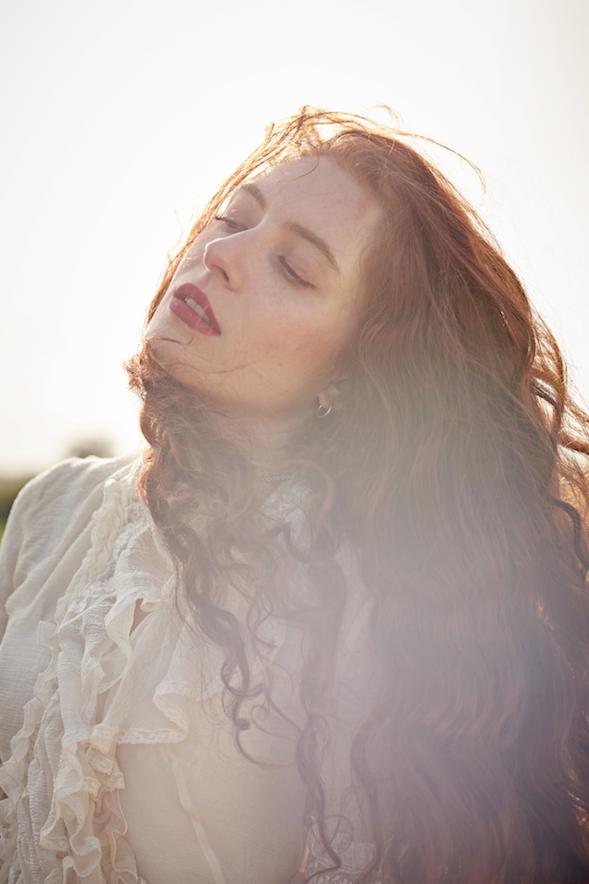
Some of your poems are made using William Burroughs’ style of cutting and pasting, can you tell us more about being inspired by his method and the poem you created?
Well I have a huge respect for William Burroughs, Brion Gysion, Kerouac, Neal, Ginsberg… I feel those beat generation writers were truly courageous, and really living to their own principles. They upheld their art above all else, and were ravenous in their explorations socially, sexually, culturally. They have been so influential, and I feel perhaps that hasn’t been fully recognised. A poem in this book is a love letter, maybe a kind of eulogy, for Jack Kerouac, it’s called “For Jack”. I read it for the first-time last autumn in Kerouac’s birthplace in Massachusetts, at a festival I was asked to perform at and so I guess it’s infused with some of his hometown energy.
I find the cut-up method liberating. It’s both disciplined and random, and I think it’s a good exercise for writers. It makes you detach and broaden your horizons. Burroughs said “when you cut into the present the future leaks out” so that was something I had in mind. I used the cut-up method with a poem called “Hiding In Plain Sight”. I wrote out phrases from every other poem in the book, the poems that already existed, I added I think 4 additional phrases, turned them over so I couldn’t read them, arranged them, then turned them over to read the sequence it had formed. From the existing poems a new mutation had formed. And I always find that when you cut something up and rearrange it, it creates its own dark, random rhythm. Another poem in Camille was done using cut up, it’s called “And My Lungs Fill With Ecstatic Song”, that’s more of an ecstatic mantra, trying to capture this transcendental feeling, a reflection on a loving memory as I was walking in the countryside by a river, it was kind of an epiphany. Ginsberg and Burroughs both stayed at Shakespeare and Co in Paris too. Burroughs started writing Naked Lunch there.
Do you think poetry can change the world? If so, how?
I do. I think in a slow, subtle but effective way. It filters into our consciousness and our diets are so important, not just what we eat and drink, but what we watch, what we read, what we listen to, we gradually absorb. I think a poet’s responsibility is to be of service, and also hold up a mirror to our times, socially, politically, whilst incorporating the individual experience, the mundane, the disappointment, desire, reflection.
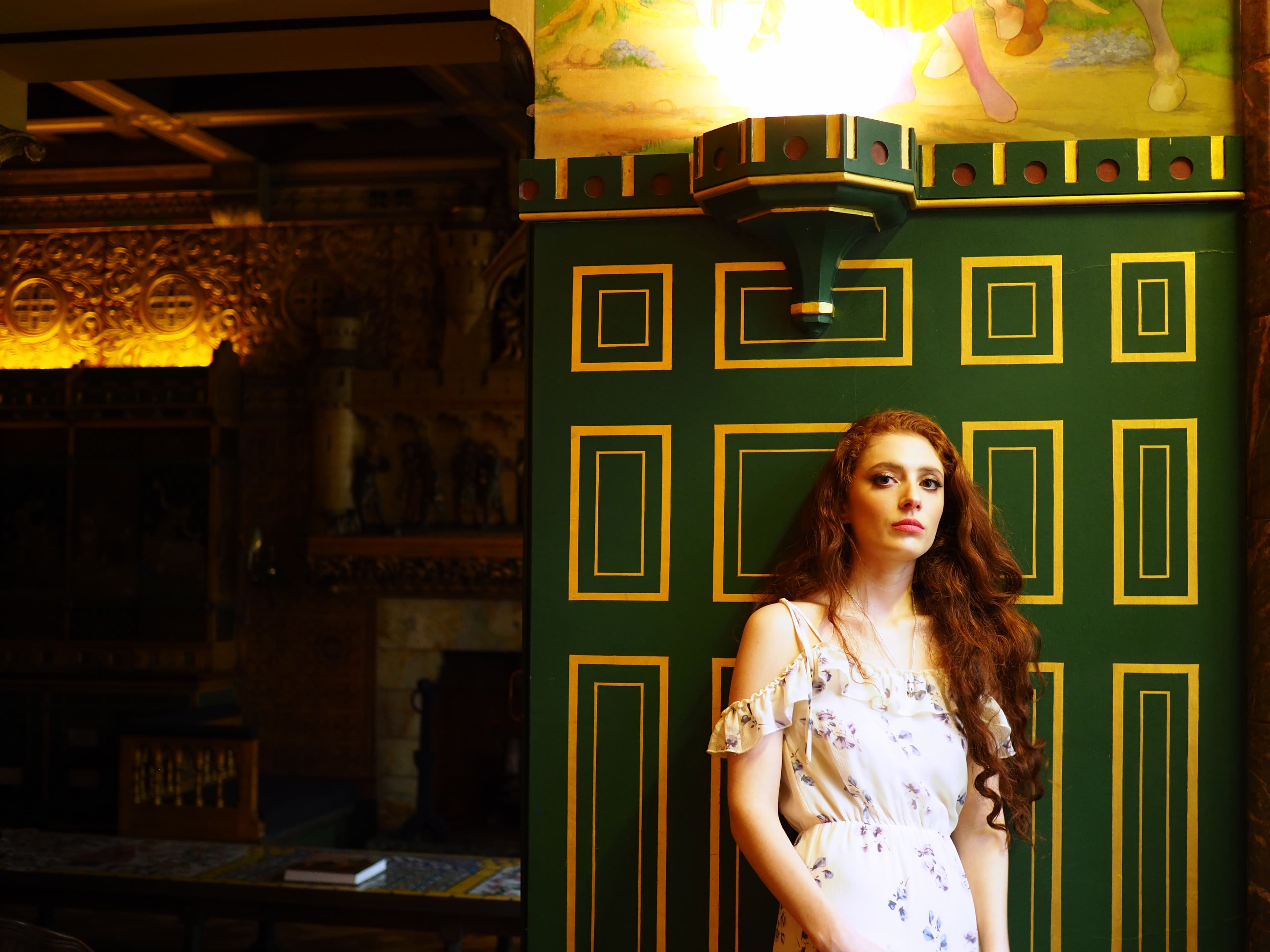
Do you think there is a resurgence of poetry through social media culture?
I think so. The internet makes everything so accessible. It’s easily to access artists and find them on social media, see how they present themselves. That can say just as much as their work, I think. I enjoy posting poems I’ve already published. Also, go on Youtube, you can hear Adrian Mitchell perform his poem “Tell Me Lies About Vietnam” at the Royal Albert Hall in 1965, it’s a fantastically passionate performance, the poem still so relevant today. You can YouTube Sylvia Plath reading “Daddy”.
What are the similarities to meme culture and poetry? What are the differences?
The only memes I know about are astrology memes. I’d say poetry and memes are separate. Read “Howl” if you disagree.
How can we keep meme culture – in regards to the spreading of word via imagery – and poetry separate?
Well a meme is about three sentences at most with a picture. Unless it’s a haiku you are hard pressed to call that a poem.
Who are the poets who inspire you and who are you looking to inspire?
Jack Kerouac, Emily Dickinson, Bob Dylan, Sylvia Plath. I’m really inspired by Ted Hughes. He was very human in his flaws, he became notorious and he was a lightning rod for controversy, but I find his work astounding. He committed his whole life to his poetry and to nature and was poet laureate. His love poems are achingly raw and carnal and knowing. He published “Birthday Letters” in 1998 not long before he died, and they were all of his love poems to Sylvia Plath. Had he published them decades earlier perhaps things might have been easier in some respects. I suppose, I’d like my work to be of service to people., perhaps validate their own feelings. And really, I’m an outsider on the inside, so I hope that perhaps I could inspire someone to use their own voice, or pursue their life’s great work, even if those around them are doubtful.
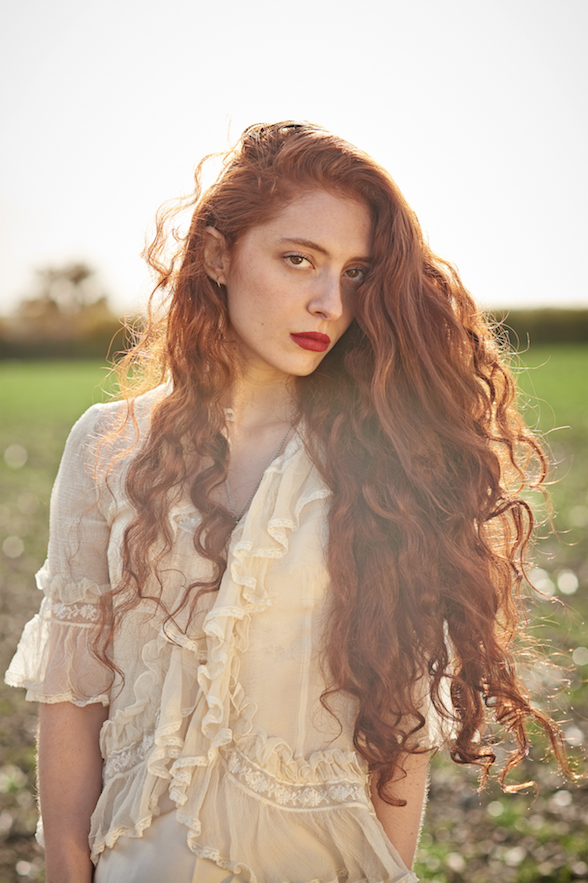
Many people find poetry to be beautiful when they come upon it (usually by chance) but what advice would you give someone who wanted more of it in their life?
Go to a poetry reading. I get so much from performing my work, I put everything into it and the audience and I are living it together. I also love sitting in a packed basement, watching other people getting up, hearing someone lay down their words. I absorb the poetry better when it’s read aloud.
Poetry has become quite fashionable recently and fashion is considered visual poetry what do you think about this relationship?
I think it’s a relationship that makes sense. Good tailoring is like a well-structured poem, it looks and feels effortless, it flows in a beautiful way that catches and keeps the attention of the audience, but it’s been created by a craftsman with love.
Where would you like to be in 20 years with your poetry?
My life has broadened in such unpredictable ways these last few years it’s hard to predict. I imagine I will still be just as obsessed with writing and poetry and pushing myself further – I’m sure certain magical things will have manifested by then though.
Camille by Scarlett Sabet will be published 14 February 2019. Sabet will be headlining the ‘Love in Other Words’ poetry gala at The Hoxton Hotel, Holborn on 27 February 2019
